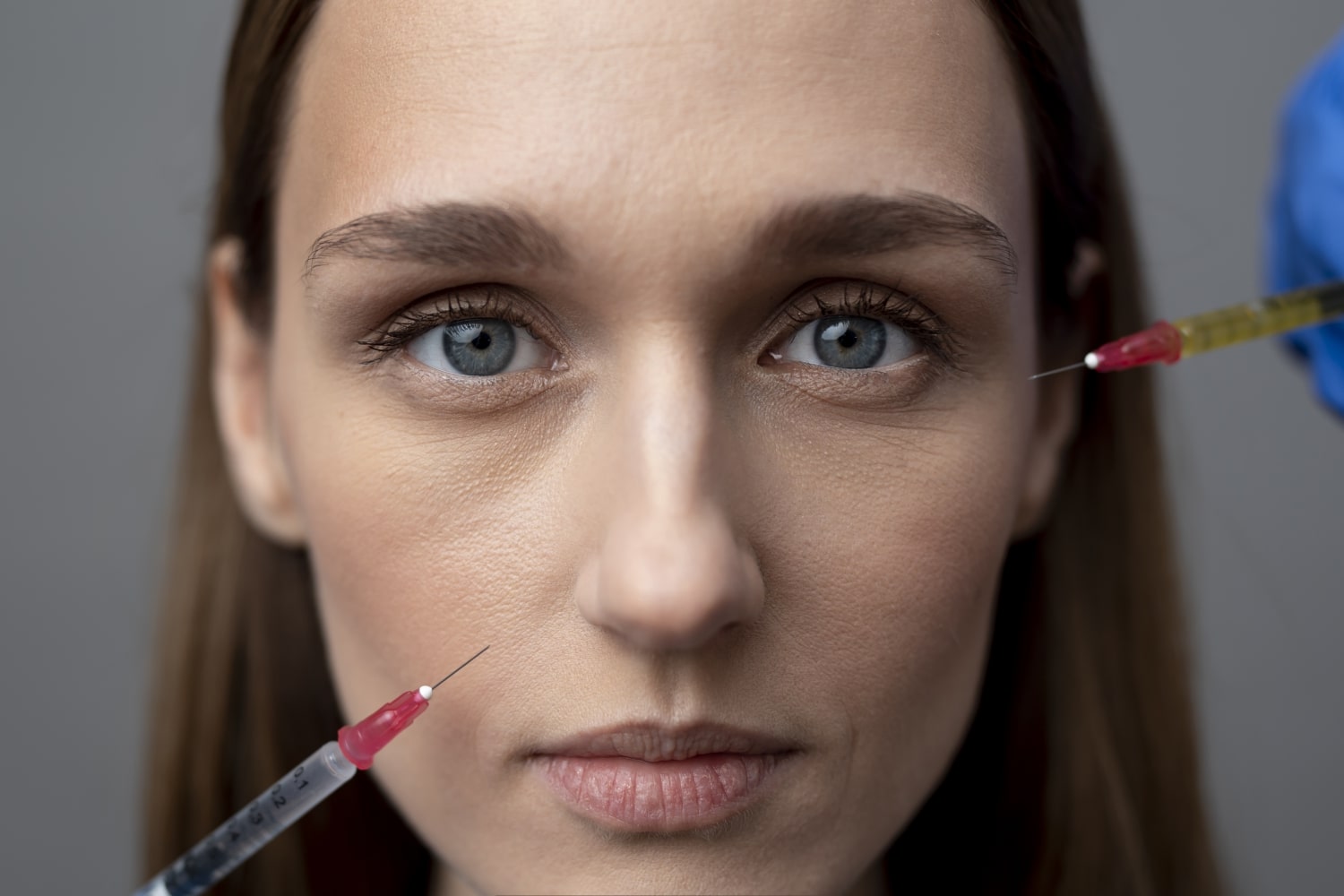Experience exceptional care and cutting-edge technology at Dynasty Clinic.
Our Location
- Villa 159 - Umm Al Sheif Riad - Al Safa 2 - Dubai
- info@dynastyclinic.ae
- 04 330 0048
- Mon - Fri : 10.00 A.M - 9.00 P.M
Sat - Sun : 10.00 A.M - 7.00 P.M
Experience exceptional care and cutting-edge technology at Dynasty Clinic.

Benefits of PRP face treatment:
Things to consider:
What to expect during a PRP face treatment:
Before the procedure:
During the procedure:
After the procedure:
Here are some additional things to keep in mind:
Remember: It’s important to consult with a qualified healthcare professional to get a personalized understanding of what to expect during your PRP face treatment.
For more information, read our blog or contact us.
Check our location and keep your review on Google.
what you can expect regarding post-treatment care following a PRP face treatment:
General guidelines:
Additional tips:
Remember:
Why Choose Us?
Our team of skilled experts specializes in delivering exceptional results. By combining advanced techniques with precise methods, we ensure each patient achieves a beautifully contoured, youthful, healthy, and natural-looking enhancement. Our commitment to patient care and satisfaction makes us a trusted choice.
For more information or to schedule a consultation, contact us today. Learn more about our experts and schedule a consultation today!
Mon – Fri :
10.00 A.M – 9.00 P.M
Sat – Sun :
10.00 A.M – 7.00 P.M

WhatsApp us